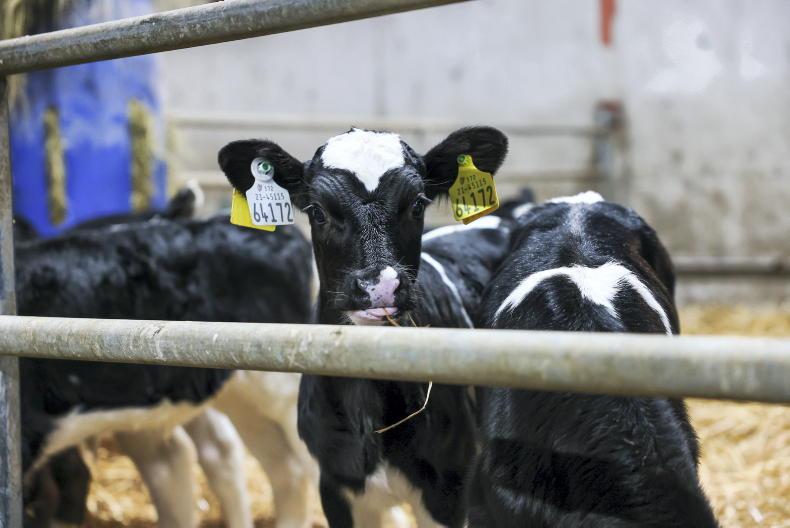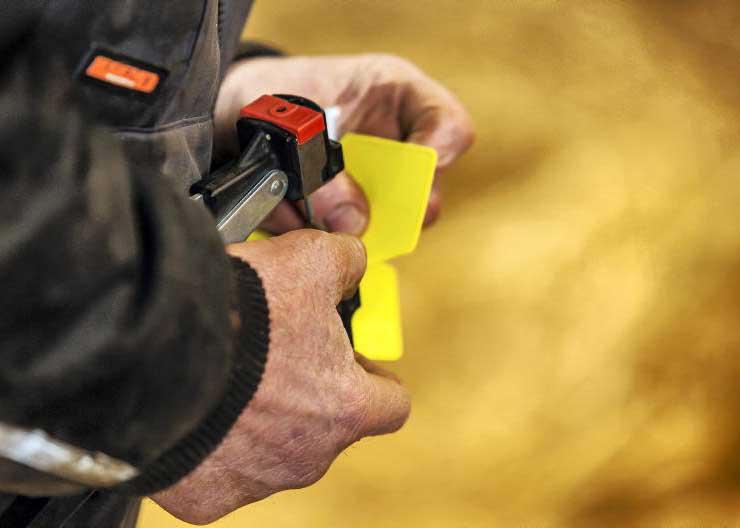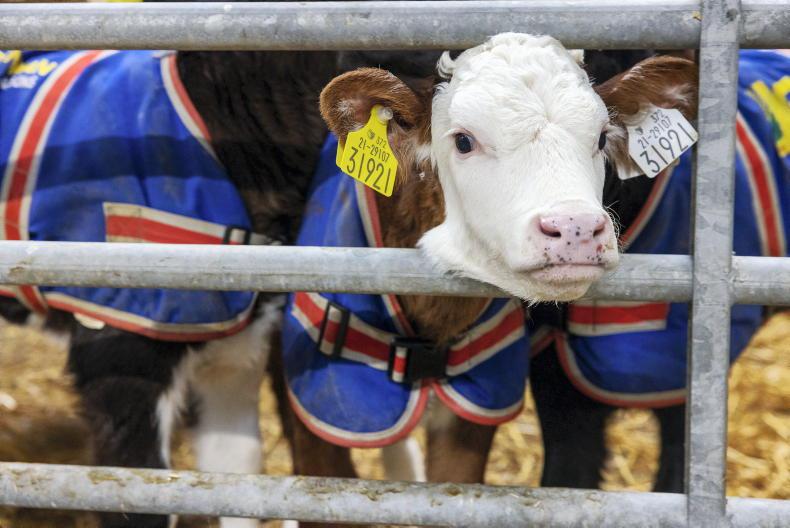Often national initiatives and schemes are created that have the right end goal, but to get to the final destination there are plenty of potholes, twists and turns.
Farmers often give out about the BVD eradication scheme and how long it has taken to get to where we are today.
Yes it has taken longer than expected. Yes it has cost farmers more than was planned at the start. Yes it has brought more work at a busy time of the year, for the last 10 years.
However, for the majority of farmers, the last number of years have seen considerable progress at farm level.
Think back to when we had sheds full of sick calves as BVD took hold. Think of the misery and workload that soaked up.
Compare the BVD journey to that of the TB eradication journey and where we are. The numbers on page 7 make for sobering reading.
Behind these numbers are real families that are impacted at farm level with hassle, torment and worry about how they are going to manage.
Yes, I know it is outside the door, but it impacts everyday decisions on farms around Ireland – livestock make the business. Yes, the compensation scheme helps.
However, herd restriction increases workload, it means farmers have to change plan, it often puts pressure on facilities and that spills over into other issues – thin cows, shortage of feed, etc.
Challenges
It is the combination of a challenge like that at farm level on top of another challenge where farmers need support. If TB has one thing right it is the support at farm level when you do get restricted.
The chain of events and people involved along the way that it triggers is phenomenal. There are resources poured in at every step of the way.
It costs millions. It helps smooth the difficult journey, but the numbers show more fundamental change is needed if we are to get on top of TB on this island.
The tag and genotype debacle that is unfolding right now is one such challenge that can tip the balance the wrong way at a very busy time of the year.
The fundamentals and reasoning for the genotype scheme are rock solid. Remember it is a world first, it is moving to a space where no other country has gone before. The pace of change has been very quick.
We know funds from the Brexit Adjustment Reserve (BAR) were granted late for the scheme. Farmers had to be convinced to take up a free scheme. Often that’s not a good start. However, sometimes a kickstart is needed.
The laboratory tender was issued with a tight deadline. The successful laboratory has to outsource. The specifics of the deal changed during the tender process.
Weakest link
The turnaround time was ambitious. Everyone knew the calves were coming and when. The whole process is only as good as the weakest link. There is potential for error at each step of the way, including at farm level.
Laboratories and tag companies that take on these contracts must be held accountable. If samples are going missing or equipment is faulty, then someone has to take responsibility. If exceptional delays are happening, it must be logged.
The extra workload and cost can’t be borne by farmers all of the time. Farmers are depending on ICBF and the Department of Agriculture to watch their back on this one.
The next couple of weeks will tell us a lot about whether the right capacity and planning went into a scheme that has a large seasonal peak. Farmers getting messages with different sample numbers compared to what they sent away is hopefully just a blip in communications.
The key question on the genotyping scheme is, from a project perspective, was there enough ‘joined-up’ thinking between all parties?
Oversight
We need the Department and ICBF to have the required oversight to be able to relate back to farmers honestly about what is or is not happening.
The tag suppliers have had some issues also. We know more investment has gone into tagging facilities and more needs to happen.
We know how frustrating it is to be left waiting on a phone for 45 minutes for a replacement button tag. We have to be careful that those in bother shout loudest, and nowadays social media can amplify the minority, more than the silent majority.
At the same time, we can’t ignore the real practical examples many farmers are having. It’s good to see ICBF proactive in reacting to the challenges as they are highlighted to alleviate the problems farmers at a very busy time.










SHARING OPTIONS